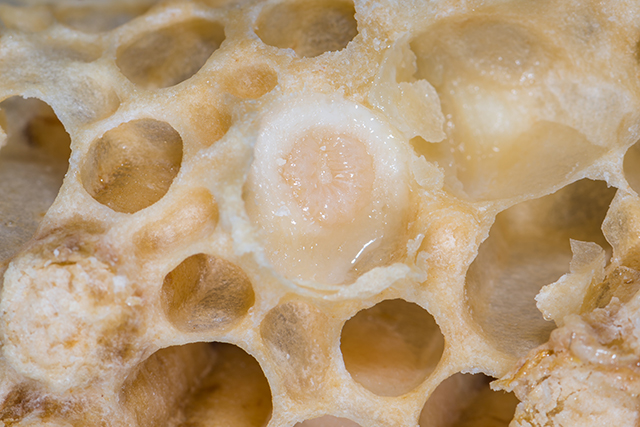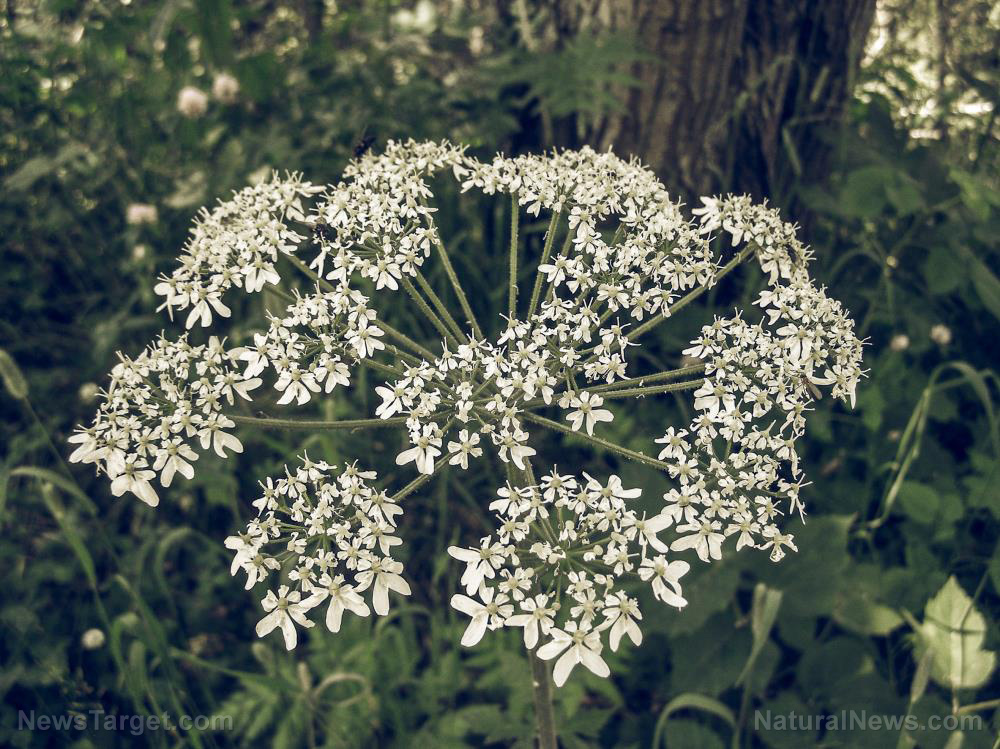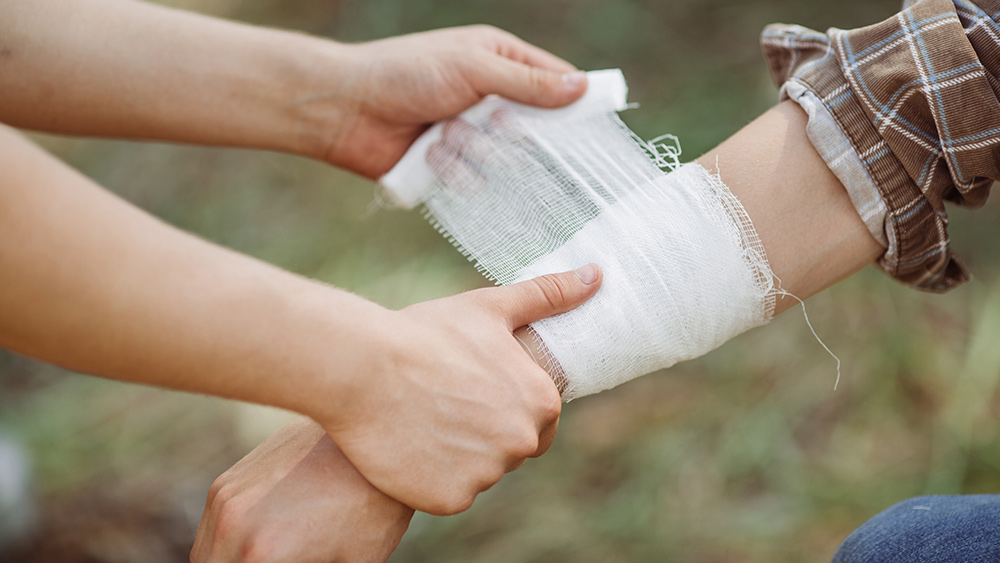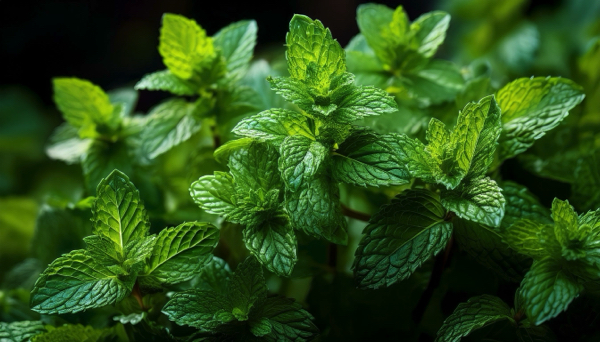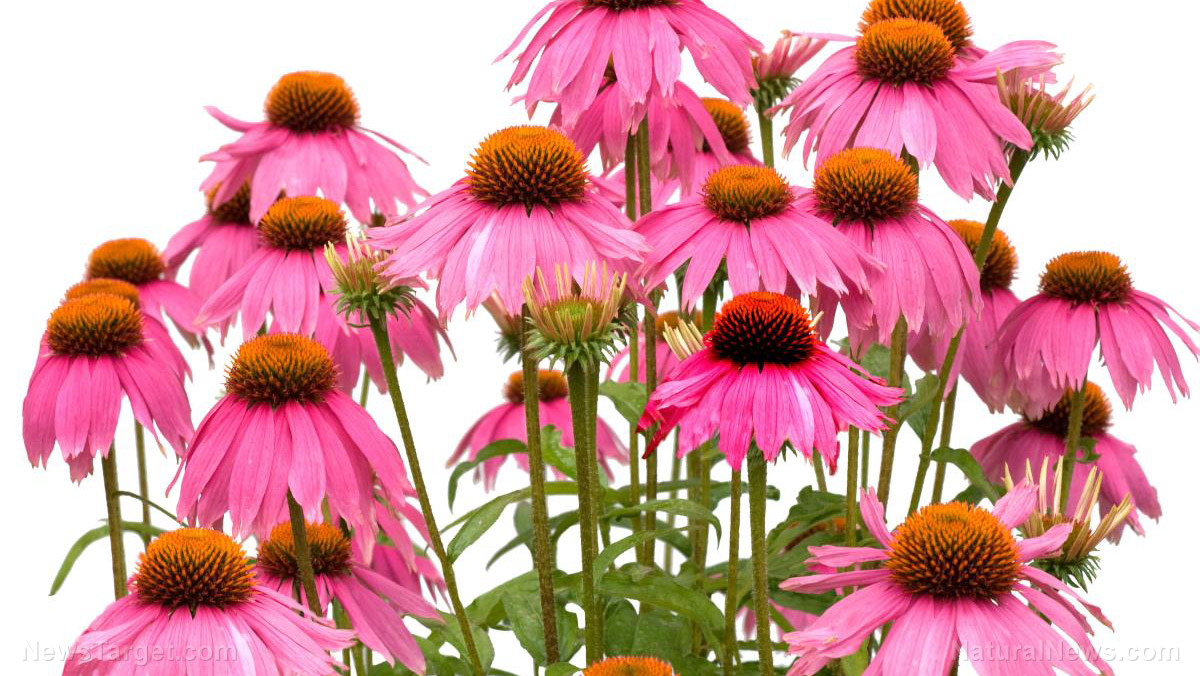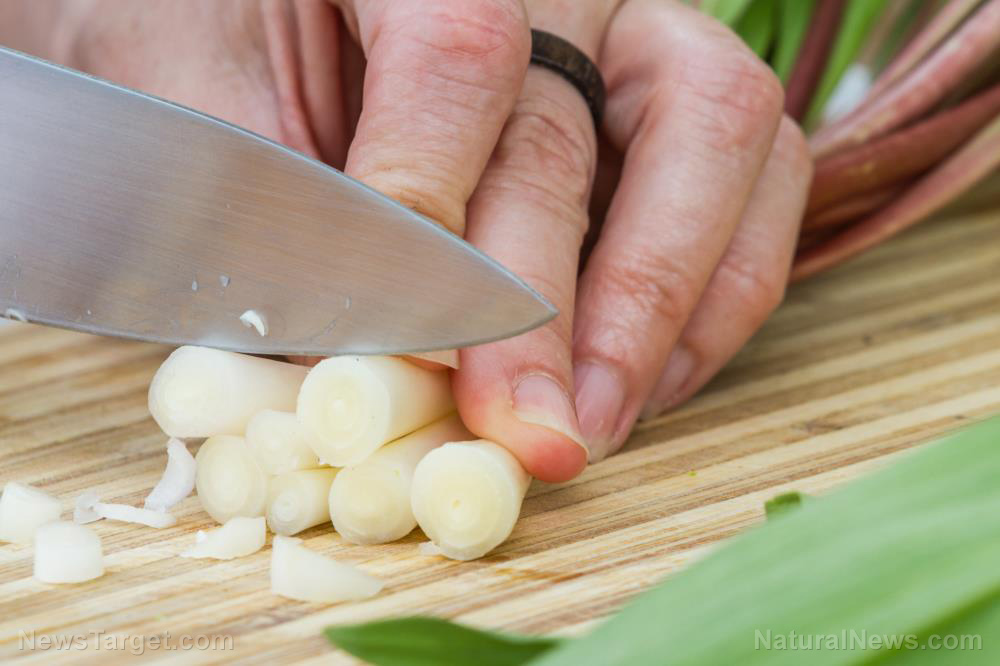Flaxseed helps prevent and kill breast cancer, meta-analysis reveals
06/13/2024 / By News Editors

As we edge closer toward Breast Cancer Awareness month,[1] one cause that most likely won’t be marketed to us is that of women taking back control of their health by consuming more cancer-fighting foods.
(Article republished from GreenMedInfo.com)
In years past, Smith & Wesson’s pink hand gun and KFC’s “buckets for the cure,”[2] have made the list of approved ‘pink’ products, but nowhere does one find fund-raisers and races for better access to and consumption of the extensive list of foods that increasingly science has vetted as actually preventing and/or killing breast cancer. [3]
All the more reason why a new meta-analysis on flaxseed and breast cancer, published in the journal Integrative Cancer Therapy, is so timely.[4] The review was no small undertaking, as it obtained its findings by sorting through 1,892 records from a variety of biomedical databases, including MEDLINE, Embase, the Cochrane Library and AMED from inception to January 2013, concerning any available human interventional or observational data pertaining to flax and breast cancer.
They discovered the following benefits of flaxseed among newly diagnosed breast cancer patients:
- Decreases in hot flash symptomatology
- Increased cell death (apoptosis) within their tumors
- Decreased HER2 expression (a protein associated with breast cancer malignancy)
- Decreased breast cancer proliferation
Additional findings among uncontrolled and biomarker studies included:
- Improved atypical cytomorphology (i.e. normalization of cells)
- Improved mammographic density
- Possible anti-angiogenic actitivity (i.e. anti-invasive properties)
Finally, observational data suggested the consumption of flaxseed:
- Decreased risk of primary breast cancer by 18%
- Improved mental health by 76%
- Lowered mortality among breast cancer patients by 32%
The study authors concluded:
“Current evidence suggests that flax may be associated with decreased risk of breast cancer. Flax demonstrates antiproliferative effects in breast tissue of women at risk of breast cancer and may protect against primary breast cancer. Mortality risk may also be reduced among those living with breast cancer.”
These findings are extremely valuable to women, many of whom have been wrongly led to believe that the No. 1 most important step in breast cancer prevention is “early detection” via x-ray based breast screenings — as if the point is to watch and wait for the juggernaut of genetically-based cancer to unfold within their bodies, and “catch it early” if you can.
Truth be told, never before have so many women been at so great a risk of unnecessary harm from breast screening, due to the millions of dollars of cause marketing propaganda that assault them year round in myriad products and services ostensibly put in place to help “raise awareness,” or “raise money to raise awareness,” as to why they should participate in the dangerous ritual of mammography.
Ironically, and tragically, it is now firmly established (but still widely unknown) that participating in conventional breast screenings may increase breast cancer mortality, as a direct result of it generating countless cases of misdiagnosed and mistreated “cancer” in healthy women every year (1.3 million cases in the U.S. over the past 30 years).
Never before have women so desperately needed an alternative path toward breast cancer prevention, beyond subjecting themselves, as a “preventive” measure, to annual or bi-annual doses of highly carcinogenic mammography radiation — a screening procedure that we now know mostly detects harmless lesions known as ductal carcinoma in situ (DCIS), and that a National Cancer Institute commissioned panel recently suggested should not even be called cancer, owing to its intrinsically harmless or indolent nature.
Flaxseed is actually only one of hundreds of natural foods, spices and substances that have proven anti-breast cancer activity, even among drug-resistant and multi-drug resistant breast cancer cell lines. Visit our database on natural breast cancer research to learn more, and take a look at some of the recently featured anti-breast cancer substances we have written about:
- Breast Cancer Gene (BRCA1) Malignancy: Its Not IN The Genes, So Much As WHAT You Expose Them To
- Confirmed: Flaxseed Contains ‘Estrogens’ That Regress Cancer
- Research: Curcumin Is A Triple Negative Breast Cancer Killer
- Green Tea Changes Estrogen Metabolism and Breast Cancer Risk
- If You’re Concerned About Breast Cancer…What You Must Know
Also, read Cancer Killers: The Cause is the Cure, a book co-authored by Sayer Ji, Dr. Ben Lerner and Dr. Charles Majors.
Read more at: GreenMedInfo.com
Submit a correction >>
Tagged Under:
alternative medicine, anticancer, breast cancer, flaxseed, food cures, food is medicine, functional food, good cancer, natural cures, natural health, natural medicine, oncology, remedies, research, women's health, Xpost
This article may contain statements that reflect the opinion of the author
RECENT NEWS & ARTICLES
consumerwellness.info is a fact-based public education website published by consumerwellness.info
All content copyright © 2023 by consumerwellness.info
Contact Us with Tips or Corrections
All trademarks, registered trademarks and servicemarks mentioned on this site are the property of their respective owners.




